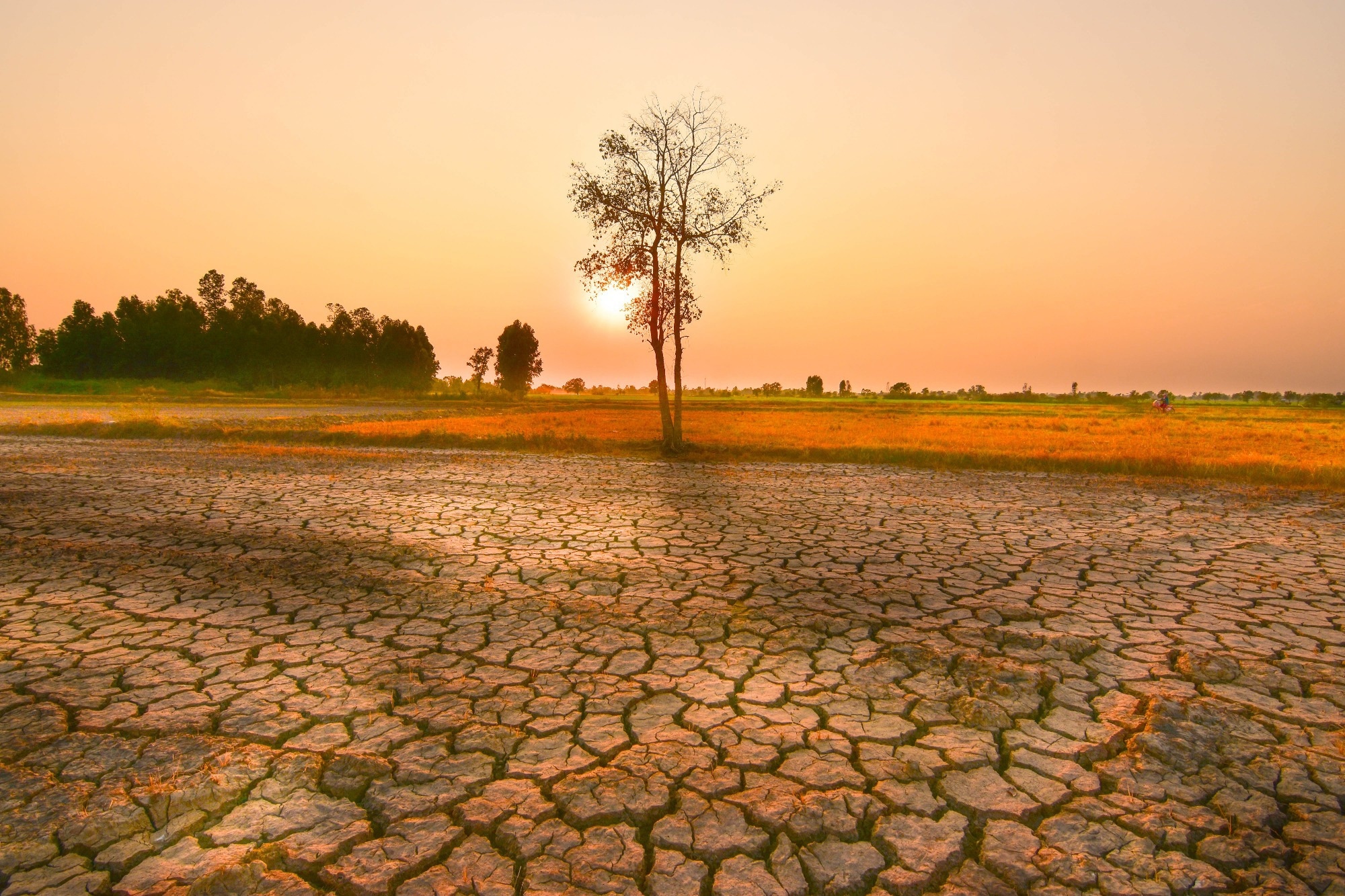In a recently published study, researchers from the CAS Institute of Atmospheric Physics developed an artificial intelligence (AI) model powered by deep learning algorithms that outperform traditional dynamic models in predicting the development and pattern of central Pacific El Nino events. The study sheds light on the potential of AI to enhance seasonal forecasts, offering significant advancements in climate prediction.
 Study: Superiority of a Convolutional Neural Network Model over Dynamical Models in Predicting Central Pacific ENSO. Image Credit: neenawat khenyothaa / Shutterstock
Study: Superiority of a Convolutional Neural Network Model over Dynamical Models in Predicting Central Pacific ENSO. Image Credit: neenawat khenyothaa / Shutterstock
El Nino events in the central Pacific can have far-reaching impacts on global climate, making accurate predictions crucial for preparedness and risk reduction. The new AI model, based on convolutional neural network technology, is trained by the sea surface temperature (SST) produced by the models participating in the Coupled Model Intercomparison Projects to forecast the specific shape, location, and timing of SST anomalies associated with central Pacific El Nino events.
The corresponding author Prof. HUANG Ping emphasized the significance of the findings, stating, "This study demonstrates the potential of artificial intelligence in improving predictions of significant climate events like El Nino that can have devastating effects around the globe."
The AI model surpasses traditional dynamical models in accuracy, particularly in predicting SST anomalies in the west-central equatorial Pacific. Additionally, a hybrid model that combines predictions from both the AI model and dynamical models achieves even higher accuracy for central and east Pacific El Nino events.
The results of this novel research were published in Advances in Atmospheric Sciences. The research team plans to further leverage the power of deep learning to expand the application of AI models in seasonal climate forecasting, aiming to provide earlier and more accurate warnings of major weather events.
The findings have pronounced implications for disaster risk reduction efforts worldwide, as AI-driven predictions can contribute to improved preparedness and mitigation strategies. By harnessing the potential of AI, scientists, and policymakers can work together to enhance global resilience to climate-related challenges.